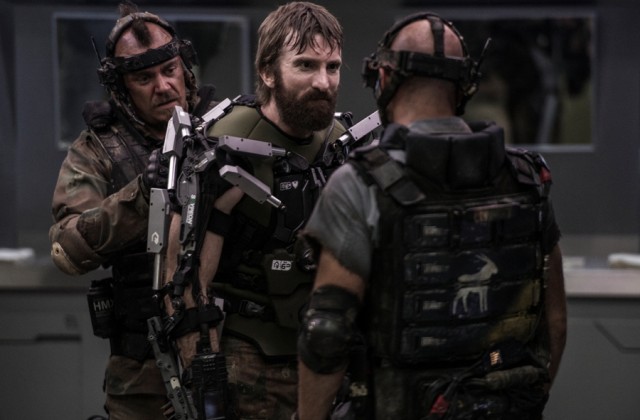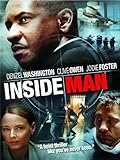Is Elysium enough to save the group of summer 2013 tentpole flicks?

Will ‘Elysium’ director Neill Blomkamp’s decision to ignore the social commentary questions the film raises lead to a wider acceptance by audiences? Only time will tell, but I think it was the wrong move.
Considering how disappointing 2013 has been for big-budget summer flicks, there’s a lot riding on Elysium to save the season from becoming one of my least favorite in recent years. Star Trek Into Darkness ended up being a pile of inconsistency, Iron Man 3 managed to be overwrought and underwhelming at the same time, and I won’t even start in on the likes of The Lone Ranger, White House Down or World War Z. If it wasn’t for the “tastes great, less filling” Pacific Rim and Man of Steel (Yes, I hated it less than you did), I’d already be calling the summer of 2013 a complete wash.
But as solid as Damon was, Sharlto Copley stole this movie from both him and co-lead Jodie Foster. He could have taken his character Kruger – kind of a black-ops mercenary with “control issues” – way over the top. Instead, Copley skates the character on the edge, a broken man with a fractured psyche – though the too-obvious visual reference later in the flick might be unnecessary. The craziest part about the character – other than actually being, you know, crazy – is that even as he takes on the mantle of being the film’s true antagonist, the audience might realize that his endgame isn’t so dissimilar from the good guys’ … except for the whole “desperately trying to kill Max” part.
But Elysium largely ignores the bigger social questions it begins to ask. The prologue sets up the world of the haves and the have-nots well enough, even though it does place too simple of a black hat on the citizens of Elysium and their protectors. But the story as a whole dances around those issues rather than taking them on – as well as wrapping everything up in a nice, neat bow as the credits role. I’m generally one who appreciates a story with a (relatively) happy ending but not in this case. I’m not sure I would have necessarily liked the morals story as Blomkamp would tell it, but I certainly would have appreciated him trying rather than simply teasing.
But if I take a page out of his book and ignore those questions as well, as I mentioned before, Elysium is largely enjoyable, and something I might try to catch again in theatres again. There are several “holy-crap” moments, mostly involving gory death scenes, and incredible sound design that most home theatre enthusiasts won’t be able to truly appreciate. But, sadly, the flick isn’t enough to turn my opinion around on 2013 tent-pole films, which can really only be saved by Ender’s Game and Hunger Games: Catching Fire at this point.
 CliqueClack
CliqueClack


